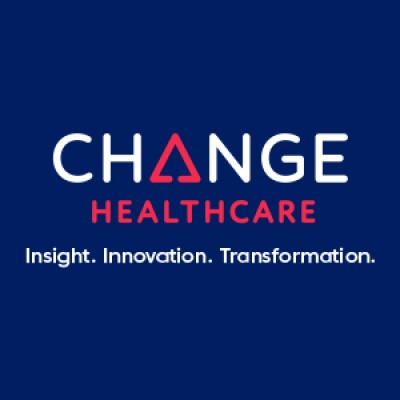Healthcare Data Breach: A Looming Threat to Americans
May 2, 2024, 9:42 am

Location: United States, Tennessee, Nashville
Employees: 10001+
Founded date: 2007
Total raised: $24.3M
The recent cyberattack on Change Healthcare has left a gaping wound in the U.S. healthcare system, exposing the personal health information of a substantial portion of Americans. The ransomware gang that infiltrated Change Healthcare's systems did so with stolen credentials and the absence of multifactor authentication, a basic security measure that could have prevented the breach.
UnitedHealth Group CEO Andrew Witty revealed that the hackers used compromised credentials to access a Citrix portal within Change Healthcare, allowing them to move laterally within the system and exfiltrate massive amounts of health data. The lack of multifactor authentication on this portal proved to be a fatal flaw, enabling the hackers to deploy ransomware and demand a hefty sum from UnitedHealth to prevent the sale of stolen data on the dark web.
The repercussions of this breach are far-reaching, with Witty estimating that possibly a third of Americans were affected by the cyberattack. The exact number of individuals impacted is still under investigation, as UnitedHealth grapples with the aftermath of the breach and works towards notifying victims in the coming months.
Despite the severity of the breach, Witty reassured that no evidence of exfiltration of sensitive medical records like doctors' charts or full medical histories has been found so far. However, the breach serves as a stark reminder of the vulnerabilities within the healthcare industry's data security practices.
Questions loom over why multifactor authentication was not implemented on the Citrix portal, a decision that may have averted this crisis. Senators pressed Witty on the lack of this basic cybersecurity measure and demanded assurances that UnitedHealth and Change Healthcare have since bolstered their systems with multifactor authentication.
As the healthcare sector grapples with the fallout of this breach, the urgent need for robust cybersecurity measures to safeguard sensitive patient data has never been more apparent. The breach at Change Healthcare serves as a wake-up call for the industry to prioritize data security and fortify defenses against malicious cyber threats.
UnitedHealth Group CEO Andrew Witty revealed that the hackers used compromised credentials to access a Citrix portal within Change Healthcare, allowing them to move laterally within the system and exfiltrate massive amounts of health data. The lack of multifactor authentication on this portal proved to be a fatal flaw, enabling the hackers to deploy ransomware and demand a hefty sum from UnitedHealth to prevent the sale of stolen data on the dark web.
The repercussions of this breach are far-reaching, with Witty estimating that possibly a third of Americans were affected by the cyberattack. The exact number of individuals impacted is still under investigation, as UnitedHealth grapples with the aftermath of the breach and works towards notifying victims in the coming months.
Despite the severity of the breach, Witty reassured that no evidence of exfiltration of sensitive medical records like doctors' charts or full medical histories has been found so far. However, the breach serves as a stark reminder of the vulnerabilities within the healthcare industry's data security practices.
Questions loom over why multifactor authentication was not implemented on the Citrix portal, a decision that may have averted this crisis. Senators pressed Witty on the lack of this basic cybersecurity measure and demanded assurances that UnitedHealth and Change Healthcare have since bolstered their systems with multifactor authentication.
As the healthcare sector grapples with the fallout of this breach, the urgent need for robust cybersecurity measures to safeguard sensitive patient data has never been more apparent. The breach at Change Healthcare serves as a wake-up call for the industry to prioritize data security and fortify defenses against malicious cyber threats.
